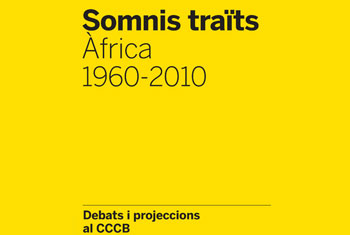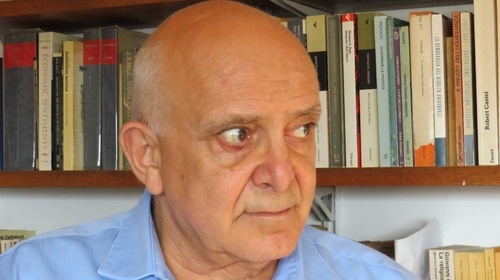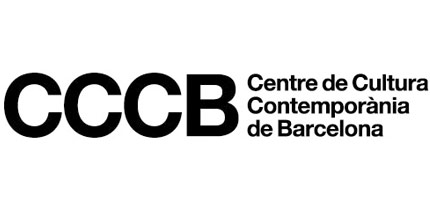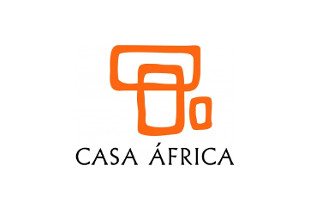Broken Dreams. Africa 1960-2010
Lectures and Screenings
Debate
Between 27 April and 28 November 1960, seventeen states came into being in the continent of Africa (to be followed by another fifteen in the remaining years of the decade), in most cases after a long struggle for independence. After almost a century of colonial domination and oppression, high hopes and independence-fuelled dreams held out a short-lived taste of nirvana. Yet, very soon, the hopes were to be frustrated and the dreams betrayed. On the one hand, most of the new African leaders gave priority to their own political and economic interests and those of small elite groups over and above those of society in general. On the other, the former colonial powers had secured a prolongation of their economic and political privileges, thus suspending the new states in a situation of conditioned, closely-monitored freedom. Fifty years on, the after-effects are dramatic. Nevertheless, there are also signs suggesting that a new phase may be opening up, still turbulent and confused, but holding out new prospects. Perhaps more difficult to betray.
Thursday 30 September, 7.30 p.m.
Lecture: “A Useful Dream (Or Photography as a Metaphor for Freedom and Self Esteem)”
Simon Njami, writer, art critic, exhibition curator and also artistic director of the Bakamo Rencontres Africaines de la Photographie from 1999 to 2007.
Friday 1 October, 7.30 p.m.
Screenings:
Frantz Fanon: une vie, un combat, une oeuvre by Cheikh Djemai, 2001, France, 52 min. Original version, Spanish subtitles.
The life journey of one of the most influential thinkers and militants of the anti-colonial struggle as portrayed by close relatives and comrades.
Xala by Ousmane Sembene, 1975, Senegal, 83 min. Original version, Spanish subtitles.
A brilliant tragicomedy on the corruption and personal turpitude of new elite leaders in the early years of independence.
Wednesday, 6 October, 7.30 p.m.
Lecture: Frantz Fanon and the Question of Spoils
Françoise Vergès, political scientist and writer. President of the Committee for Memory and the History of Slavery.
Wednesday 13 October, 7.30 p.m.
Lecture: Africa and its Dependent Independences
Donato Ndongo-Bydiogo, writer, journalist and politician. Author of Las tinieblas de tu memoria negra (El Cobre, 2009), which was published in English as Shadows of Your Black Memory (Swan Isle Press, 2007), and Los poderes de la tempestad (The Power of the Storm – El Aleph, 2010).
Friday 15 October, 7.30 p.m.
Screenings:
Lumumba: La Mort du Prophète by Raoul Peck, 1992, France/Switzerland/Germany, 69 min. Original version, Spanish subtitles.
An impressive documentary on the life, death and legacy – frequently manipulated – of a legendary figure of modern Africa.
Appunti per una Orestiade Africana by Pier Paolo Pasolini, 1968-69, Italy, 63 min. Original version, Spanish subtitles.
An unclassifiable film – report, visual essay, anticolonial manifesto, poem – in Alberto Moravia’s view, one of Pasolini’s most beautiful works.
Wednesday 20 October, 7.30 p.m. - Live streaming on the web
Lecture: Readings and Reflections
Ben Okri, writer. Author of The Famished Road (Jonathan Cape, 1991), winner of the 1991 Booker Prize (published in Spanish as El camino hambriento (La otra orilla, 2008).
Organitzed by:


With the collaboration of:
![]()
Participants: Simon Njami, Françoise Vergès, Donato Ndongo-Bidyogo, Ben Okri
Related contents
Broken Dreams. Africa 1960-2010. Frantz Fanon and the Question of Spoils
Lecture by Françoise Vergès





